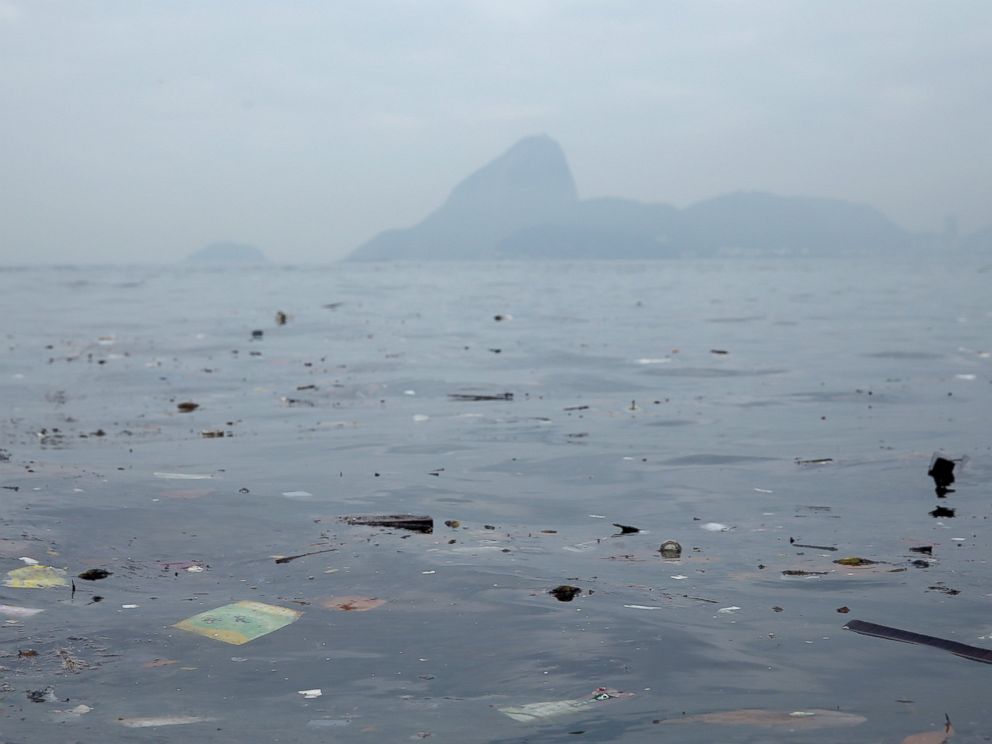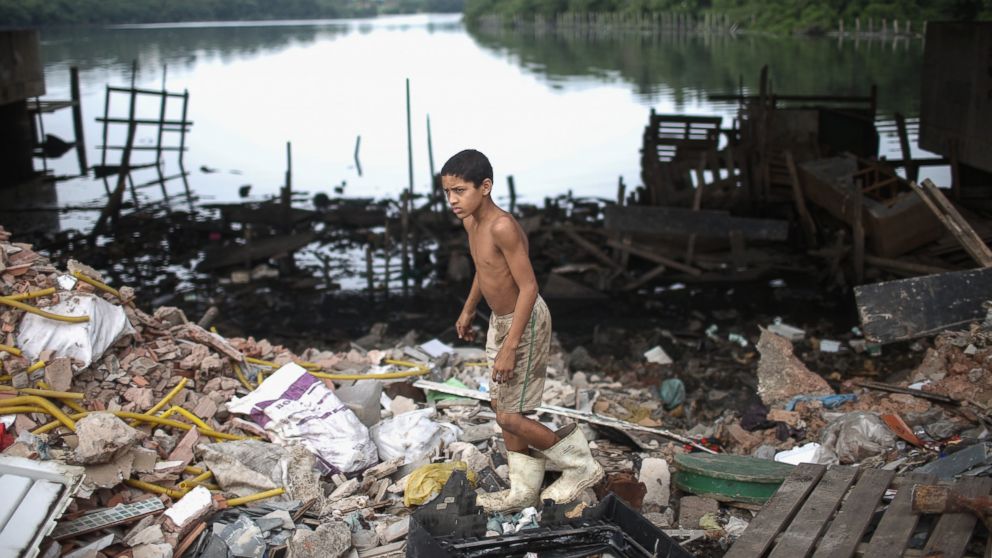For Olympic athletes, the countdown to the 2016 summer games in Rio de Janeiro have already begun. Unfortunately, a new report finds that the water where athletes are to compete may not be in the same tip-top shape.
A report by the Associated Press found that some of the key waterways to be use by triathletes, sailors and other open water swimmers remain polluted with bacteria and viruses. Among the pathogens reportedly found human adenoviruses that can cause diarrhea and bacteria.
While the Brazilian organizers still have a few months to clean up the site, experts said triathletes do have to contend with contaminants when swimming in open water.
Dr. Stuart Weiss, the medical director of the Lifetime-New York City Triathalon, said it is extremely important to test the water for pathogens before a race to cut down on risk to the swimmers.
“The athletes swim in the Hudson river [for the Lifetime-New York City Triathalon] we are always concerned about health and safety of swimmers,” he said. “We monitor the water very closely.” He said there is one key thing swimmers can do to cut down on risk of infection.

“You try not to swallow the water but it’s hard when you’re swimming,” said Weiss.
Dr. William Schaffner, an infectious disease expert at Vanderbilt University Medical School, said there’s a few other medical options for athletes if they know they’re going to be exposed to potentially infectious bacteria and viruses.
“Get vaccinated against hepatitius A, the sort of virus that can come from polluted waters also can get into insufficiently prepared food,” explained Schaffner. “The other is vaccination against an important bacterial disease, typhoid fever.”
He said travelers will also be more at risk for gastrointestinal illnesses whether or not they get into the water as they acclimate to new viruses and bacteria.
“You know you’re going to survive but you wish you could die…they’re not fun illnesses but if you keep your hydration you can survive,” Schaffner said of gastrointestinal illnesses that can plague international travelers. “These are the sorts of illnesses that are depleting of fluid and energy and they make Olympic athletes way off their game.”
He said there are a few other easy tips for athletes heading into the murkey waters off Rio.
“Try not to swallow the water, and shower when you get finished,” said Schaffner. “Wash your hands very, very frequently and be careful of what you eat.”
Another option is taking antibiotics for the duration of the trip, but Schaffner warns that can start to affect the natural and helpful bacteria in the gut and on the skin.
“It’s a fine line but I dare say that some of these atheltes will be take prophylactic antibiotics,” he said.
